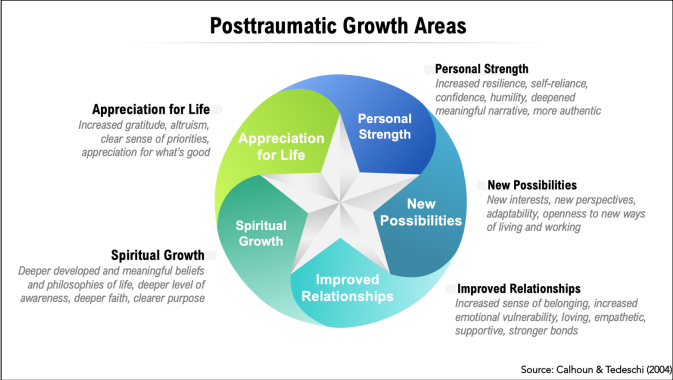 I talked about some time back about doing a blog series about the research I'm doing for my doctorate. I've been incredibly busy these past few months with it, but I'll try to sum up what I'm doing in a few posts or so - until the actual thesis is done, I won't share as much. So, flash back to January 2021. I was recovering from the worst of 2020's COVID waves. During COVID, I was a pastor in a tiny community of 35 people, I managed a nonprofit, was an on-call hospital chaplain, and I was a doctoral student. To say I was exhausted and processing trauma would be an understatement. I was sitting alone in my office listening to Bob Dylan's Blood on the Tracks, and I remembered how Bob Dylan wrote the album as a way to process a divorce. It made me reflect on how much creativity used to help me process life. So, I called a writing coach and started writing again. Over the next few months, I found myself loving life again. While most of my (broadly speaking) ministry peers were dropping out of pastoral ministry with the Great Resignation, I was finding personal success and growth. I knew there was something odd about this picture. I wasn't any better, or worse, than my peers, but I was finding stability and health in my life. Universally speaking, clergy, health workers, and nonprofit folks, experienced massive trauma trying to care for people in crisis. For all that I experienced, I should've been part of the Great Resignation that I saw in my friends and family. I realized a year later that the factor that helped me grow was creative writing - that the only reason I was still a pastor, with the grace of God, was because I dropped my guard and started writing fiction. Over two hundred studies confirm that there is a link between healing trauma and writing. One study showed that 35% of participants who qualified for a DSM-V diagnosis of clinical depression before the writing study no longer fit the criteria after they processed their feelings and memories. (source) In twelve step groups, a major step to healing involves writing down every wrong or bad thing they've done - as well as the harm done to them. Twelve step folks then have to share those traumas with a sponsor and group, revealing their deepest wounds and fears. There is something healing about writing down our deepest wounds and fears, confronting them, and then releasing them through writing. There is actually a whole measuring tool behind this called the Posttraumatic Growth Scale. Researchers found, paradoxically, that people who experienced, and processed, trauma can develop deeper appreciation of life than those who haven't been traumatized. In the Journal of Traumatic Stress, R.G. Tedeschi and L.G. Calhoun developed a scale to measure this phenomenon (which can be found here.) Among the qualities of experiencing post-traumatic growth are improved relationships, higher sense of spirituality, connection, and greater appreciation for life than before the trauma. This then brings me to my doctorate, which will be in Christian Community Development. Under-resourced communities tend to have limited access to mental health resources. Depending on the community's culture, therapy may be viewed with suspicion as well. For churches and nonprofits starting off in these communities, there are very little resources to draw from. Poverty is traumatic, as well as systemic racism issues that are common in these communities. While the thesis is working primarily with college students at first (since they are the most traumatized group right now in the country), the overall bigger picture will be for this to be a resource for these communities to use for free to cheap. I have no interest in profiting off of this in any way, shape, or form. I consider it a part of my own living repentance and reparations for the negative impact the American church has had on the country the past few years. A part of shalom, and peacemaking, is admitting where we have gone wrong - and then moving forward to address these wrongs in a productive way. If folks can experience the same kind of healing and growth that I experienced through this program, then that will be all the difference for me too. I will update this blog as things pop up, but I'm very excited for what's next - and I hope the program is as impactful as I imagine it to be.
0 Comments
Leave a Reply. |
 RSS Feed
RSS Feed
